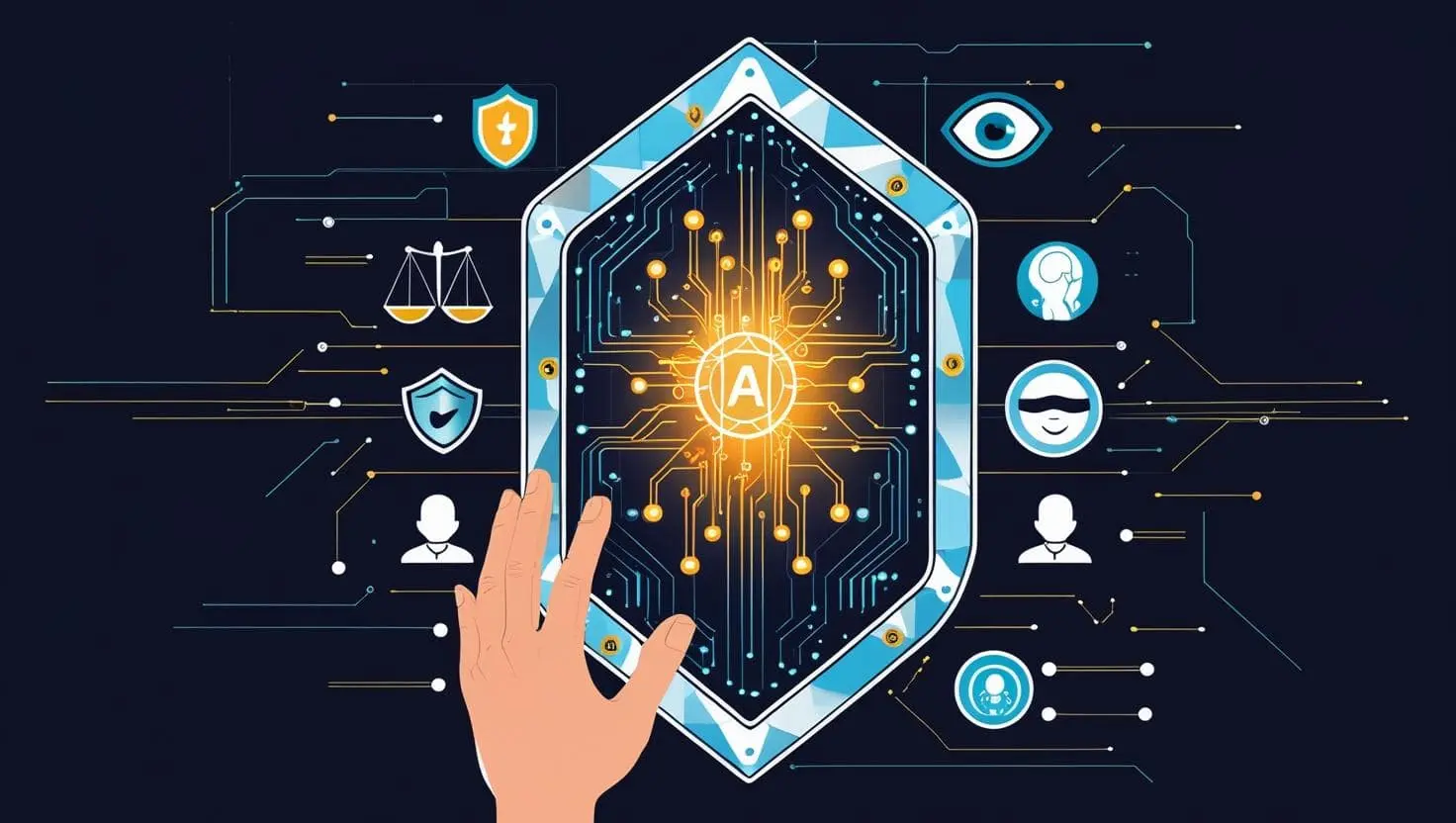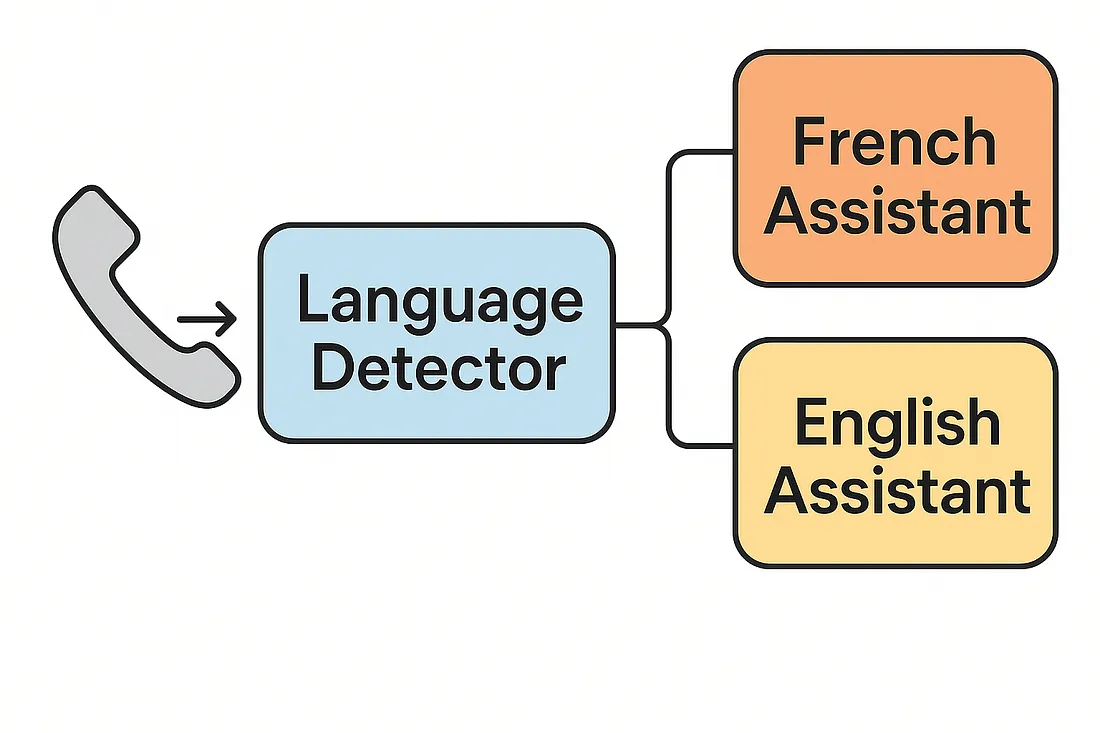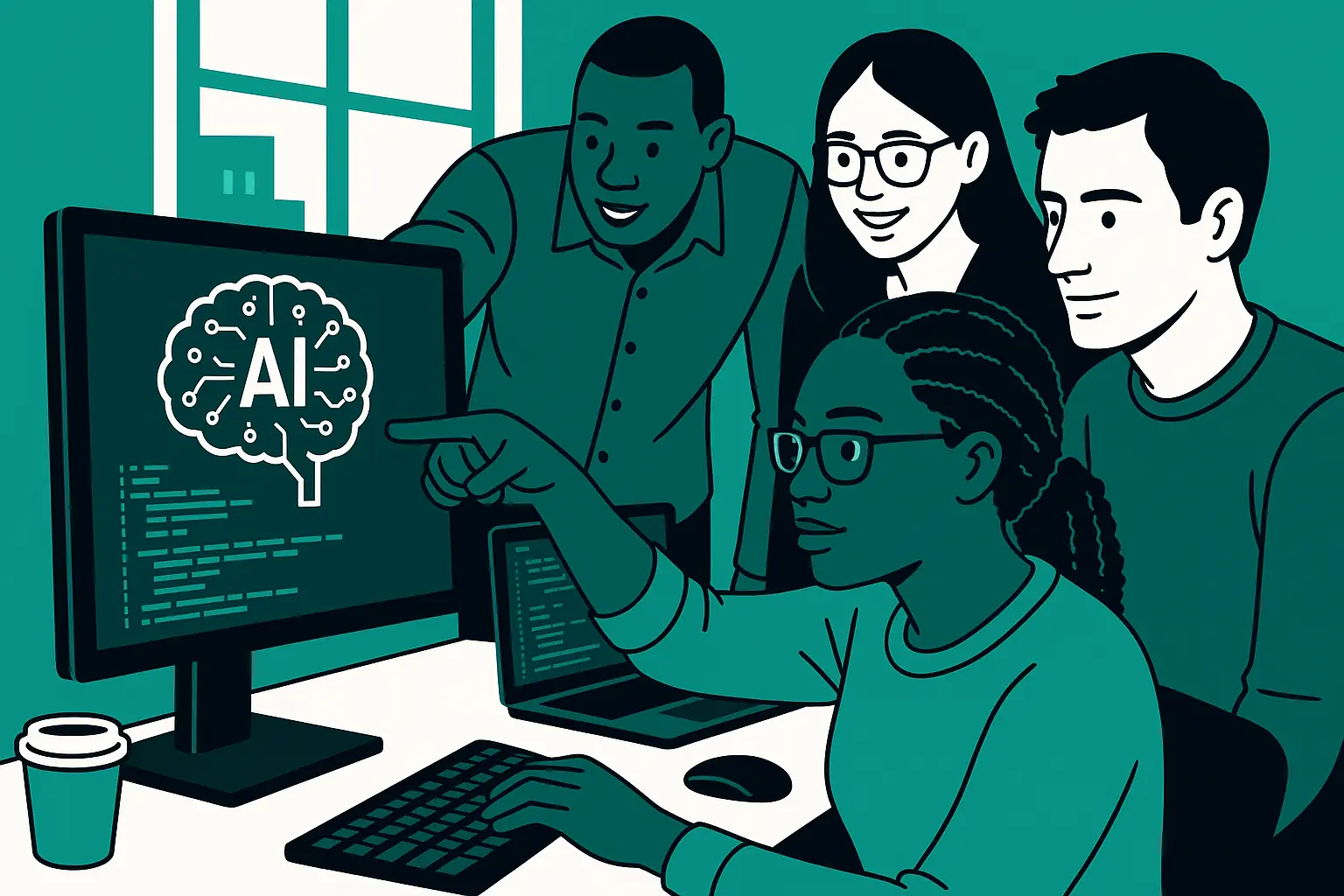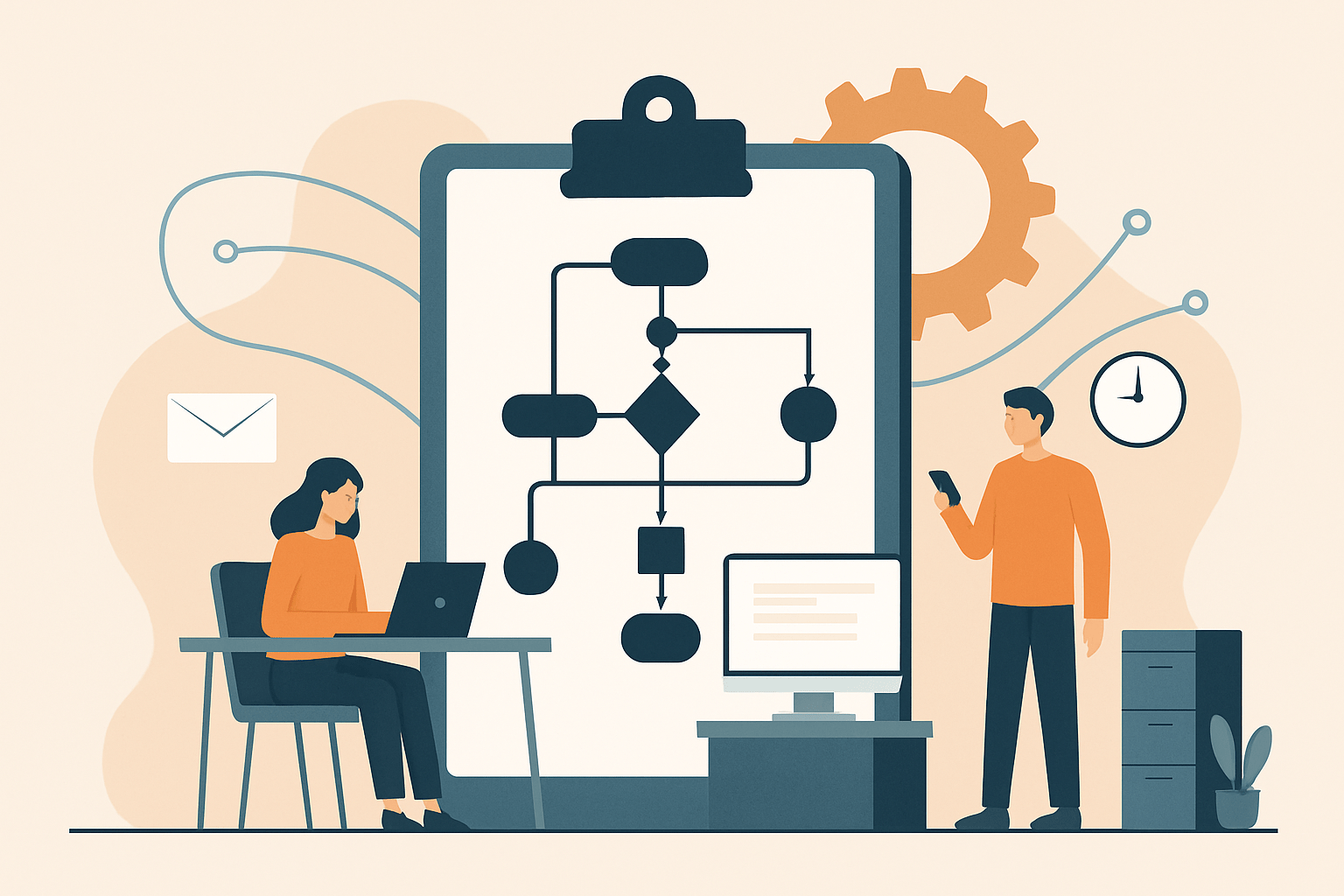Jun 03, 2025
Artificial intelligence is evolving rapidly. While it brings major benefits in efficiency and innovation, it also raises serious concerns around safety and ethics. At Zenidata, we believe AI must not only be powerful—it must be responsible.
1. Preventing Algorithmic Bias
AI models learn from data, but that data may contain social, cultural, or historical biases. Left unchecked, these biases can be amplified by the AI.
⚠️ Examples: discrimination in automated hiring, unfair recommendations, hidden exclusions.
Best practice: diversify datasets, run regular audits, and involve ethics experts in your projects.
2. Protecting User Privacy
AI can process vast amounts of personal data. It's crucial to comply with privacy laws (like GDPR) and be transparent about data usage.
🔐 A responsible AI should collect only the necessary data and clearly inform users of how it's used.
3. Securing AI Systems
An unsecured AI system can become a gateway for cyberattacks, or lead to harmful decisions.
Our recommendations:
- Build security into the design process
- Restrict access to critical systems
- Regularly update and audit deployed models
4. Making AI Explainable
An effective AI system that is a black box is not acceptable. Users must be able to understand how and why a decision was made.
🤖 Explainability builds trust, reduces legal risk, and supports broader adoption.
AI should be a tool that serves humanity, not a hidden threat. At Zenidata Technologies, we put ethics and safety at the core of every AI solution.
👉 Planning an AI project and want to ensure responsible use? Get in touch



